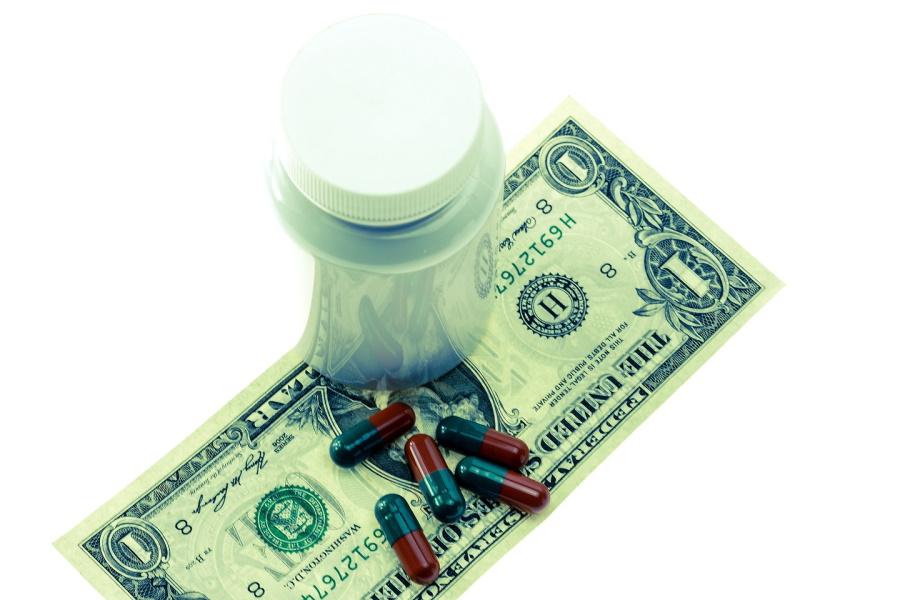CMS eyes lower prices for drugs with accelerated approval

The Centres for Medicare and Medicare Services (CMS) has flexed its regulatory muscles once again with a proposal that any drug that gets an early, accelerated approval in the US should be offered at a discounted price.
In a guidance document, the agency said that the approach would provide the twin benefits of reducing spending on prescription medicines and encouraging pharma companies to carry out confirmatory trials to switch their products from accelerated to full approval more promptly.
It is one of three models being considered for reducing the prices of medicines in the US, along with a fixed co-pay of $2 per month for generic therapies for chronic conditions like high blood pressure and high cholesterol under the Medicare Part D voluntary outpatient prescription drug benefit, and an access model for highly expensive cell and gene therapies.
The accelerated approval programme (AAP) proposal would adjust Medicare Part B payment amounts for these drugs, which are approved “before they have established evidence of improvement in a clinical endpoint,” said the CMS.
“Working in consultation with FDA, CMS could consider various approaches to adjust payments to the provider for AAP drugs, seeking to balance incentives for developing novel treatments with potential harms of delayed confirmatory clinical trials” it said.
The results of a review carried out by the Health and Human Services (HHS) Office of Inspector General (OIG) – published last September – found that out of 278 drug applications granted accelerated approval since the AAP started in 1992, 104 had incomplete confirmatory studies.
Around a third of those incomplete programmes had at least one study that was delayed beyond its agreed completion date, and four were more than five years overdue. And 13% of all accelerated approvals have been withdrawn, half of those since January 2021 when the FDA started to crack down on the laggards and programmes whose confirmatory trial didn’t back up the drug’s early promise.
The same report estimated that Medicare and Medicaid paid out more than $18 billion between 2018 and 2021 on 18 drugs – across 35 drug applications – with incomplete confirmatory trials.
Former FDA Commissioner Scott Gottlieb was among commentators who supported the move in principle, tweeting: “Structured right, this CMS proposal could allow drug pricing to match the level of evidence; enabling patients to access breakthrough drugs earlier, at lower prices, and as stronger confirmatory clinical evidence emerges, permit prices [to] adjust to reflect the proof of wider benefit.”













